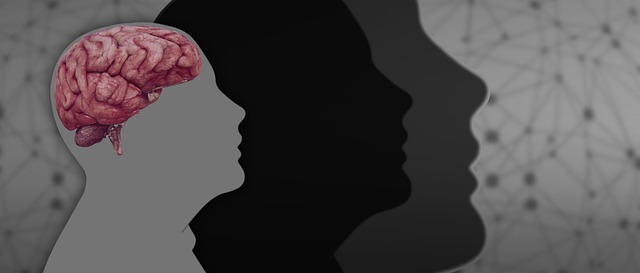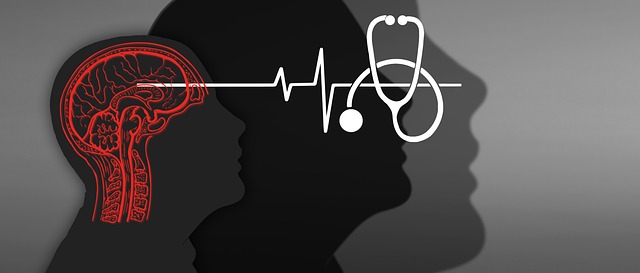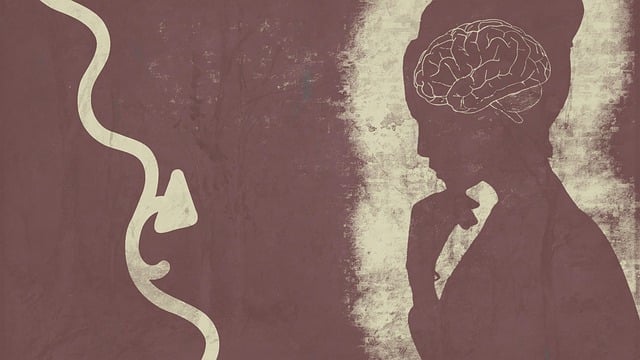Wheat Ridge Bipolar Disorder Therapy emphasizes cultural sensitivity as a core principle in modern mental healthcare, recognizing that diverse clients have unique beliefs and behaviors. By integrating cultural awareness, therapists create inclusive environments, adapt services to specific cultures, and improve engagement and treatment outcomes. This involves understanding cultural taboos around mental illness, recognizing biases, and offering personalized care that respects identity. The holistic approach builds trust, enhances therapeutic alliances, and equips individuals with effective coping strategies for bipolar disorder management, ultimately improving mental health journeys across diverse communities.
In today’s diverse society, cultural sensitivity is paramount in mental healthcare. Understanding and navigating cultural differences can significantly impact diagnosis and treatment outcomes. This article explores key aspects of cultural sensitivity, focusing on strategies like the culturally responsive approach seen in Wheat Ridge Bipolar Disorder Therapy. We delve into building trust with diverse clients and enhancing clinical practice through improved cultural competence. By acknowledging and addressing cultural biases, mental health professionals can provide more effective care for all.
- Understanding Cultural Sensitivity in Mental Healthcare
- The Impact of Cultural Biases on Diagnosis and Treatment
- Wheat Ridge Bipolar Disorder Therapy: A Culturally Responsive Approach
- Building Trust and Rapport with Diverse Clients
- Enhancing Cultural Competence in Clinical Practice
Understanding Cultural Sensitivity in Mental Healthcare

Cultural sensitivity is a cornerstone in modern mental healthcare practice, recognizing that individuals’ cultural backgrounds significantly influence their experiences and interactions with mental health services. This understanding is vital for Wheat Ridge Bipolar Disorder Therapy and other specialized practices, as it enables professionals to provide tailored care that respects and embraces diverse beliefs, values, and behaviors. By integrating cultural sensitivity, mental health practitioners can create a safe and inclusive environment, fostering better engagement and outcomes for clients from various ethnic, racial, and socioeconomic backgrounds.
In the context of risk management planning for mental health professionals, addressing cultural sensitivity is not just ethical but essential. It involves learning about different cultural contexts, including common misconceptions and taboos related to mental illness. For instance, trauma support services may need to be adapted to suit individuals’ cultural healing practices, ensuring that mood management techniques are culturally appropriate. This holistic approach not only enhances the quality of care but also promotes positive relationships between healthcare providers and clients, ultimately leading to more successful treatment outcomes.
The Impact of Cultural Biases on Diagnosis and Treatment

Cultural biases can significantly impact the diagnosis and treatment of mental health conditions, particularly for individuals from diverse backgrounds. When healthcare providers carry unconscious stereotypes or assumptions about specific cultures, it may lead to misdiagnosis or inappropriate treatment plans. For instance, a provider’s preconceived notions about expression of emotion in different cultural groups could result in overlooking or mistreating symptoms, such as depression or anxiety. This is especially relevant when addressing conditions like bipolar disorder, where Wheat Ridge Bipolar Disorder Therapy must consider the unique cultural context and presentation of symptoms.
Understanding these biases and promoting mental illness stigma reduction efforts are crucial components of healthcare provider cultural competency training. By recognizing their own biases and learning about various cultural practices and beliefs related to mental health, providers can offer more accurate assessments and tailored treatment strategies. This includes addressing stress management techniques that resonate with different cultural groups, ensuring culturally sensitive care for all patients seeking help for their mental illness.
Wheat Ridge Bipolar Disorder Therapy: A Culturally Responsive Approach

Wheat Ridge Bipolar Disorder Therapy takes a culturally responsive approach to address the unique needs of individuals from diverse backgrounds. Recognizing that mental health experiences and expressions vary across cultures, this method ensures equitable care by incorporating cultural nuances into treatment plans. The therapy focuses on building strong therapeutic alliances, understanding clients’ life experiences, and tailoring interventions to respect their cultural identities.
This personalized approach not only enhances the effectiveness of bipolar disorder management but also promotes improved emotional regulation and self-esteem. Moreover, it prepares individuals to navigate stress more effectively through tailored coping strategies. Organizations like the Stress Management Workshops Organization play a crucial role in supporting these efforts by providing resources and platforms for learning and growth.
Building Trust and Rapport with Diverse Clients

Building trust and rapport with diverse clients is a cornerstone of effective mental healthcare practice, particularly in addressing conditions like bipolar disorder. Cultural sensitivity plays a pivotal role in this process, ensuring that clients from various backgrounds feel understood and respected. Therapists must be self-aware, recognizing their own biases and how they might influence interactions. This involves understanding cultural nuances, traditional healing practices, and the impact of systemic issues such as stigma surrounding mental illness.
By incorporating self-awareness exercises, therapists can enhance their ability to connect with clients from different cultures. This may include learning about various customs, values, and communication styles. For example, in treating Wheat Ridge Bipolar Disorder, a therapist might incorporate cultural sensitivity by recognizing the influence of family dynamics in certain communities or adapting therapy sessions to accommodate religious beliefs. Such an approach fosters a safe and supportive environment, encouraging open dialogue and ultimately improving therapeutic outcomes.
Enhancing Cultural Competence in Clinical Practice

In today’s diverse society, enhancing cultural competence in mental healthcare is more crucial than ever. This involves understanding and appreciating the unique cultural backgrounds and experiences of clients, which can significantly impact their mental health journeys. For instance, when treating conditions like bipolar disorder in Wheat Ridge, culturally sensitive practices ensure that therapeutic approaches align with clients’ beliefs, values, and traditions, fostering a deeper sense of trust and engagement.
Healthcare providers play a vital role in cultivating this sensitivity through Burnout Prevention Strategies, Inner Strength Development, and Emotional Intelligence. By recognizing and respecting cultural differences, therapists can create an inclusive environment, enhancing the effectiveness of treatment. This approach not only benefits individual clients but also contributes to more equitable mental healthcare outcomes for diverse communities, ensuring that everyone receives tailored support for their specific needs.
Mental healthcare professionals must embrace cultural sensitivity to provide effective treatment for diverse clients. By recognizing and addressing cultural biases, as highlighted by the case of Wheat Ridge Bipolar Disorder Therapy, practitioners can create a more inclusive environment. Building trust and rapport with clients from various backgrounds is essential for successful therapy. Enhancing cultural competence through education and awareness ensures that all individuals receive care tailored to their unique needs, fostering better mental health outcomes for everyone.














